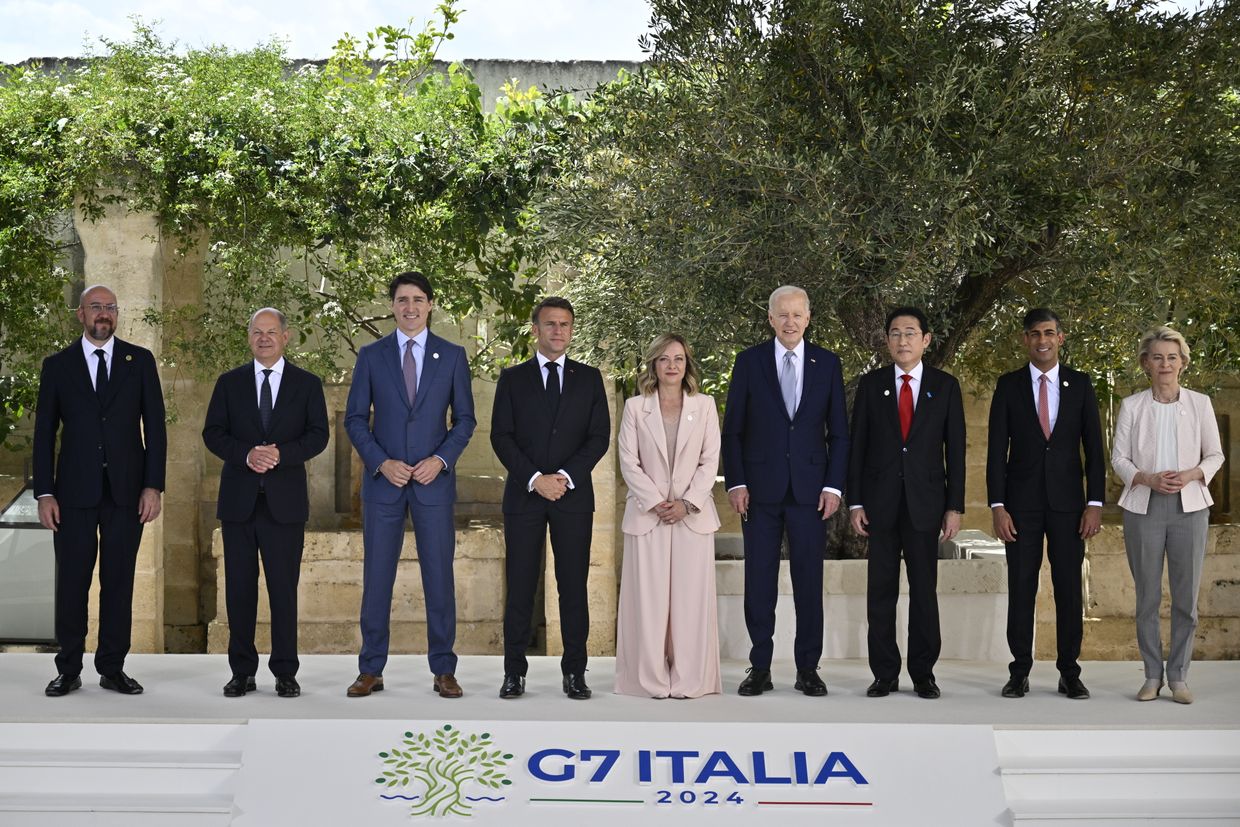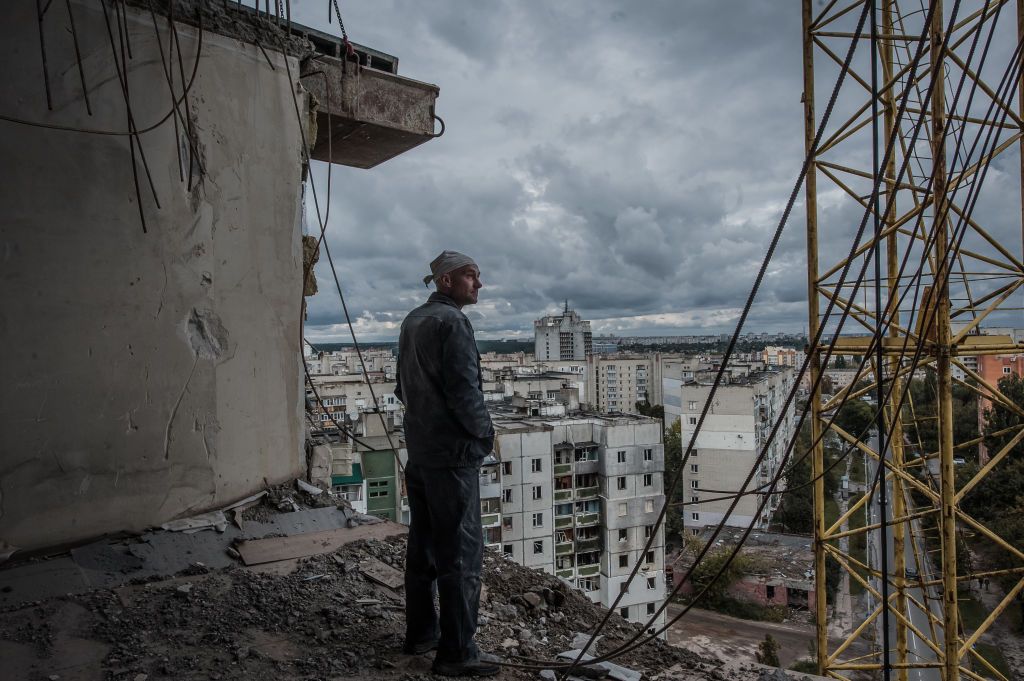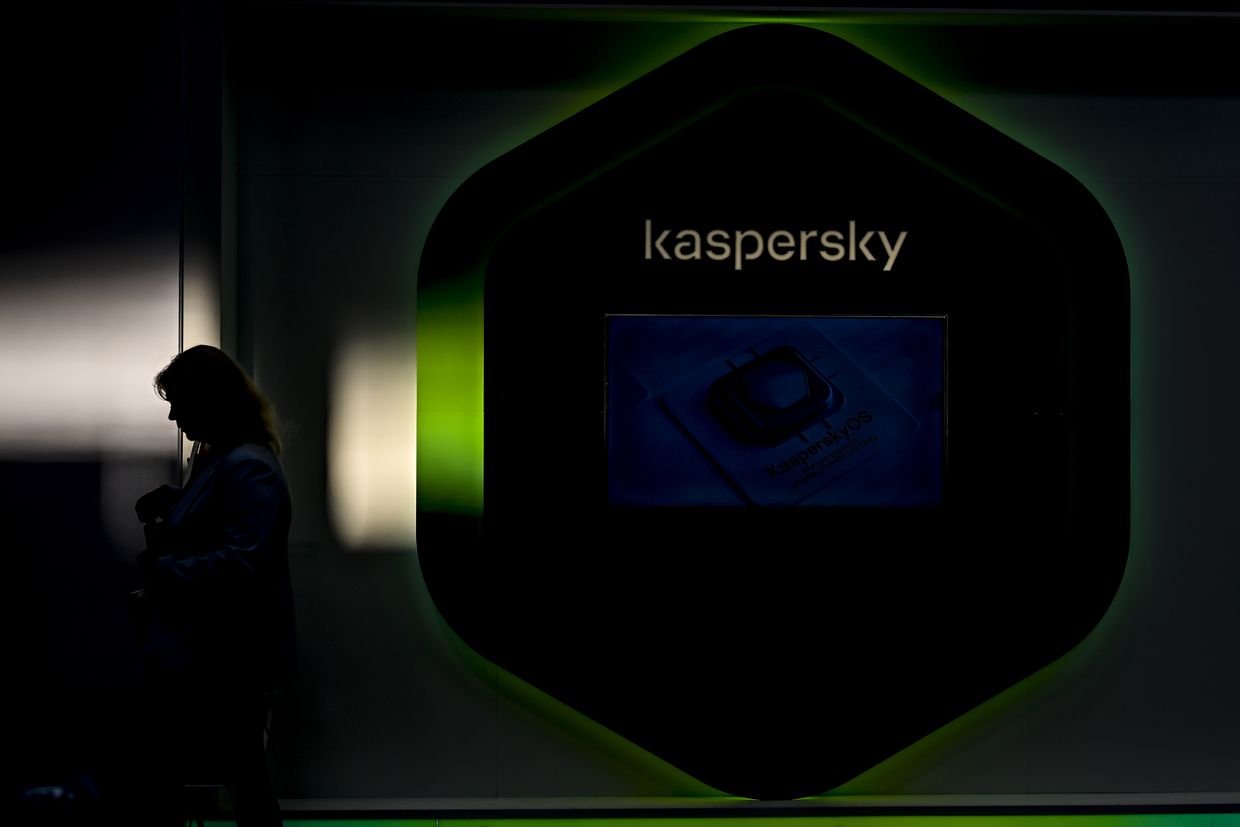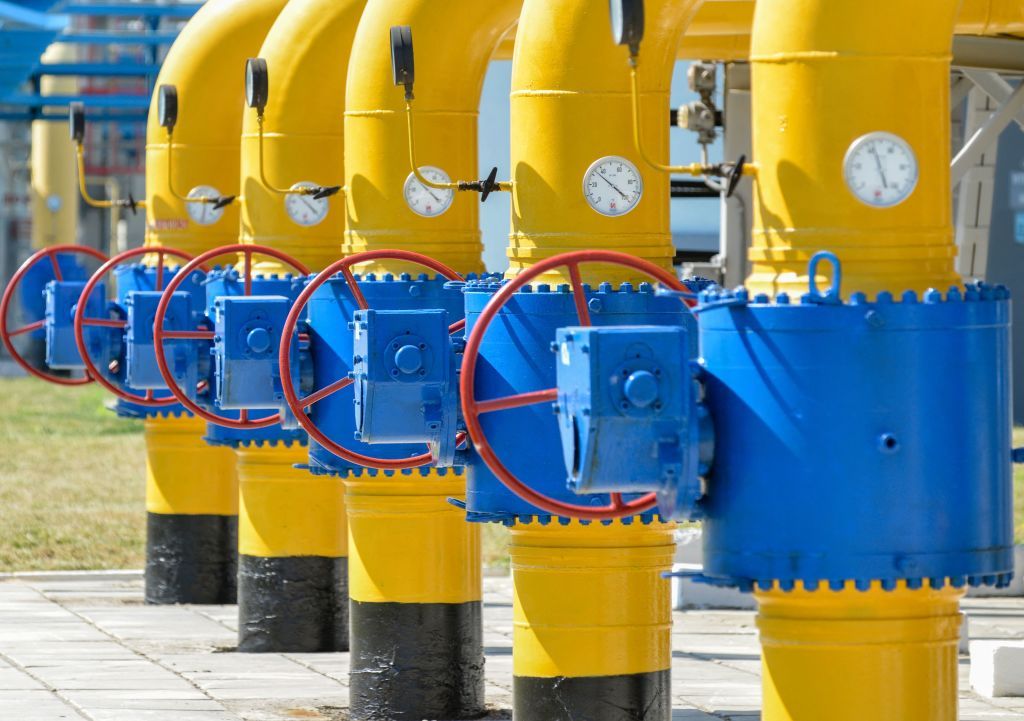MP Yaroslav Zhelezniak: Developments in Ukraine’s parliament on economic reforms, international obligations — Issue 61

Editor’s note: This is issue 61 of Ukrainian lawmaker Yaroslav Zhelezniak’s weekly “Ukrainian Economy in Brief” newsletter, covering events from June 17–June 23, 2024. The digest highlights steps taken in the Ukrainian parliament related to business, economics, and international financial programs.
The Kyiv Independent is republishing with permission.
The IMF benchmarks in focus
The Ukrainian parliament adopted a draft law on relaunching the ESBU.
The Verkhovna Rada, Ukraine's parliament, approved draft law No. 10439, which is aimed at reforming the Bureau of Economic Security (ESBU), in its second reading on June 20. This law introduces a new competitive selection process for the ESBU director, managed by a six-member commission that includes three international experts with casting votes. It also mandates the re-certification of ESBU staff within 18 months of the new director's appointment, conducted by a 12-member commission with half appointed by international partners and the other half by the ESBU director.
Additionally, the law enforces transparent hiring processes to eliminate unqualified candidates, ending the practice of manual appointments. It also requires annual independent audits involving international experts. While not perfect, this reform significantly improves upon previous attempts and meets international partners' requirements.
The working group of the Committee on Finance, Tax, and Customs Policy finalized the draft law on customs reform for the second reading.
The working group of the Committee on Finance, Tax, and Customs Policy has finalized draft law No. 6490-d for the second reading, aimed at restarting the State Customs Service. The updated draft aligns with the standards and approaches used in the recently adopted law No. 10439 on the ESBU reform, which were agreed upon with international partners. Specifically, draft law No. 6490-d proposes similar procedures for selecting the Head of the State Customs Service, re-certifying current employees, and hiring new employees.
World Bank priorities
The president signed a draft law on vehicle insurance.
President Volodymyr Zelensky signed draft law No. 8300 on mandatory civil liability insurance for land vehicle owners on June 17. This law aims to harmonize Ukrainian legislation with Directive 2009/103/EU, gradually increasing insurance sums to EU levels. It also proposes enhancing and expediting compensation mechanisms for injured parties and expanding the use of the "European protocol," which allows for insurance claims without police involvement. Additionally, the law introduces direct settlements for road accidents involving vehicle damage, enabling the injured party to claim insurance from their insurer even if the at-fault driver is uninsured.
Obligations to the EU
The parliament accidentally rejected a draft law that was a conditionality in the Ukraine Plan, but has since corrected the mistake.
The Verkhovna Rada failed to pass draft law No. 6004-d on June 19, aimed at reforming industrial pollution prevention, reduction, and control, due to insufficient votes from coalition MPs. This draft law was a requirement under the Ukraine Facility mechanism for EU financial support. However, the parliament rectified this on June 20 by adopting in the first reading draft law No. 11355, which addresses the prevention and control of industrial pollution and was submitted as a replacement for the rejected bill.
Other key economic issues
The parliament adopted in the first reading draft laws on establishing a development bank.
The Verkhovna Rada approved draft laws No. 11238 and No. 11239, introduced by Danylo Hetmantsev and other MPs, to establish the National Development Agency in the first reading. These laws are part of the agenda for plenary meetings scheduled for June 18-21. As reported in Issue 58, the National Development Agency is intended to be a state specialized institution with a mandate for economic recovery and structural transformation, implementing lending programs to support the country's recovery. The authors of the draft laws compare the National Development Agency to Germany's KfW development bank.
The parliament adopted a draft law creating the "white business club."
The Verkhovna Rada adopted in the second reading draft law No. 11084, which creates the "white business club" to incentivize proper tax administration. As reported in Issue 60, this law provides that entrepreneurs meeting simple, transparent criteria, with tax payments and wage levels above industry averages, will be exempt from tax audits and receive support from a compliance manager for individual tax advice. The draft law has been significantly improved in collaboration with business associations and experts, incorporating all recommendations.
The president signed draft laws to close the corruption scheme of illegal grain export.
A month after their adoption by the Verkhovna Rada, Zelensky signed draft laws No. 10168-2 and No. 10169-2, targeting the "black grain" scheme. This scheme involved bogus traders using the "grain corridor" to export illegally sourced grain, evading taxes, laundering money, and depriving the country of hard currency. These laws were developed by the Parliamentary Temporary Investigative Commission on Economic Security following relevant investigations.
As reported in Issue 55, draft law No. 10168-2 also includes provisions regarding controlled foreign corporations (CFCs). It cancels fines for failing to submit CFC reports until the end of martial law, allows for transfer pricing reports prepared according to the CFC's country of registration, and specifies norms on CFC interest expenses.
The government plans to implement a cashback program for purchasing Ukrainian goods in September.
During a Q&A session with the government in the Verkhovna Rada on June 21, First Deputy Prime Minister and Minister of Economy of Ukraine Yuliia Svyrydenko confirmed that the government is developing documents to regulate a cashback program for purchasing Ukrainian goods. The government intends to introduce these documents within a month and launch the cashback program on September 1.
As reported in Issue 59, key Ukrainian analytical NGOs have signed a public statement urging the Economy Ministry and Ukrainian authorities to abandon the cashback program. They argue that it would place an excessive burden on the state budget, be difficult to administer, and violate competition. In Issue 58, it was reported that according to Forbes Ukraine, the Cabinet of Ministers of Ukraine (CMU) planned to allocate up to UAH 3 billion for the cashback program.
NABU director declined to attend the bureau's meeting on potential leaks.
Director of the National Anti-Corruption Bureau of Ukraine (NABU) Semen Kryvonos refused to attend a meeting on June 20 regarding allegations of investigation leaks from the bureau. Kryvonos declined to participate in the committee's meeting just four hours before it was scheduled to begin, despite having received prior invitation and awareness that journalists would be present.
Ukrainska Pravda published an investigation by journalist Mykhailo Tkach earlier on June 20 suggesting that Kryvonos may have personally leaked information from NABU investigations to Naftogaz head Oleksii Chernyshov, who was directly implicated in one of the investigations. Anticorruption Committee chair Anastasiia Radina announced that the committee intends to conduct an on-site visit to NABU, ensuring the presence of journalists and international partners. The specific details regarding the date and time of this visit will be announced later.
As previously reported in Issue 57, NABU's first deputy director, Gizo Uglava, was suspended on May 24 amid similar allegations of information leaks concerning high-profile investigations, including one involving embezzlement in the "Big Construction" road project. The Specialized Anti-Corruption Prosecutor's Office (SAPO) initiated an investigation into these leaks following a whistleblower report from within NABU. Initially, there were attempts by suspects to accuse SAPO of procedural violations and conflict with NABU, but these allegations were later disproven.
















